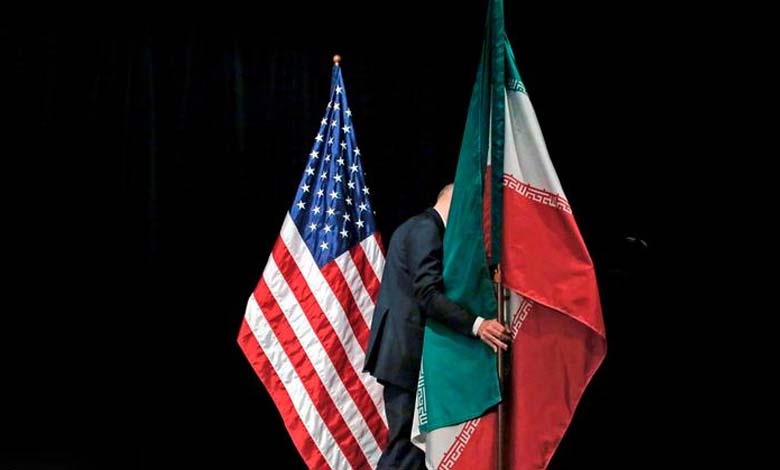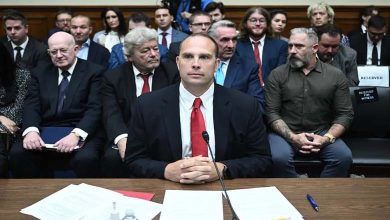US is actively preparing alternatives in case Iran talks fail

The United States has vowed to increase pressure on Iran if diplomacy fails to reach an agreement on the nuclear program.
The talks came close to an agreement, but Russia made last-minute demands that the United States pledge that sanctions imposed on Moscow over the military operation in Ukraine would not compromise its trade with Iran.
U.S. officials are cautious in their assessment of efforts to revive the 2015 nuclear deal between Iran and major countries that restricts Iran’s nuclear program in exchange for lifting tough sanctions on the Iranian economy.
U.S. National Security Advisor Jake Sullivan said on President Joe Biden’s flight to Poland that significant progress was made in resolving a number of issues that were necessary for Washington to return to the agreement on the basis of a commitment versus a commitment.
There are still unresolved issues. There’s still work to be done… We continue to seek a diplomatic outcome on this that reins in the Iranian nuclear program. Of course, if diplomacy doesn’t work, then we will work with our international partners to increase pressure on Iran.
Earlier, the United States said it was up to Iran to make “difficult” decisions to revive the 2015 nuclear deal.
After nearly a year of negotiations, “Tehran has a responsibility to make decisions that it may consider difficult, and there are a number of difficult issues that we are trying to resolve”, State Department spokesman Ned Price said.
“An agreement of this kind is neither imminent nor certain, and that is precisely why we are preparing during the year for any contingency”, Price said. “There are a number of difficult issues that we are still trying to resolve”.
In early March, after 11 months of complex negotiations, an agreement between the major powers and Iran to revive an agreement that would prevent Iran from acquiring an atomic bomb seemed nearly imminent in Vienna.
But the negotiations were hindered by new conditions placed by Russia in connection with sanctions imposed by the West in response to its operation in Ukraine, and as soon as Russian demands were met this obstacle was removed and the road to an agreement seemed almost open to the point that less than a week ago Washington said it was “close” to a breakthrough.












